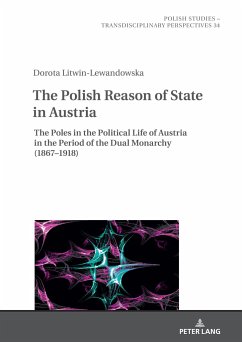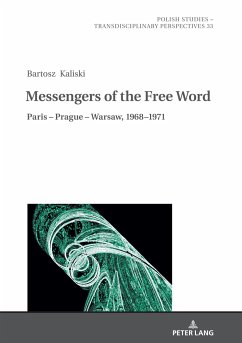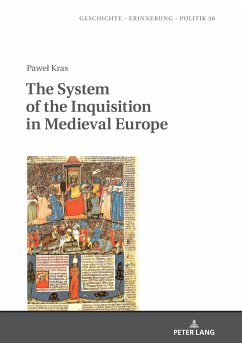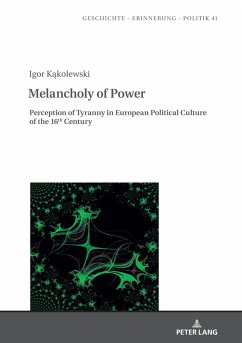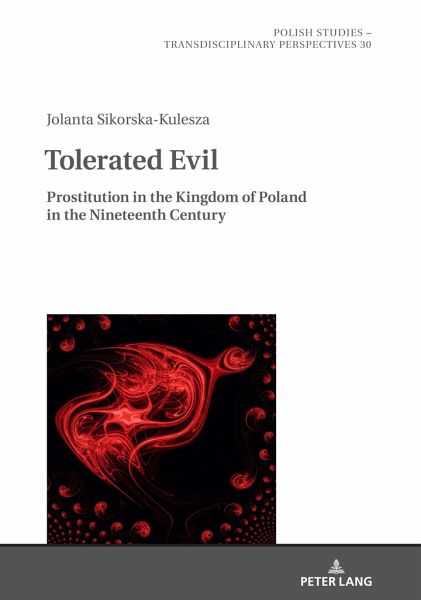
Tolerated Evil
Prostitution in the Kingdom of Poland in the Nineteenth Century
Herausgegeben: Fazan, Jaroslaw;Mitarbeit: Burzynski, Jan

PAYBACK Punkte
0 °P sammeln!
In the nineteenth century, state policy towards prostitution was primarily shaped by an assessment of its role in spreading venereal diseases. In this book, the author traces normative and organisational efforts of the authorities of the Kingdom of Poland, which sought to maintain control over prostitution and the health of women who offered paid sexual services. The author uses data collected by the police and medical authorities supervising legal and illegal prostitution to provide a demographic and sociological picture of the big-city and small-town market of sexual commerce. It was only in...
In the nineteenth century, state policy towards prostitution was primarily shaped by an assessment of its role in spreading venereal diseases. In this book, the author traces normative and organisational efforts of the authorities of the Kingdom of Poland, which sought to maintain control over prostitution and the health of women who offered paid sexual services. The author uses data collected by the police and medical authorities supervising legal and illegal prostitution to provide a demographic and sociological picture of the big-city and small-town market of sexual commerce. It was only in the early twentieth century when prostitution became an important subject of the Polish public debate, a process which is described in the book against the backdrop of the major issues and fears of the epoch.






